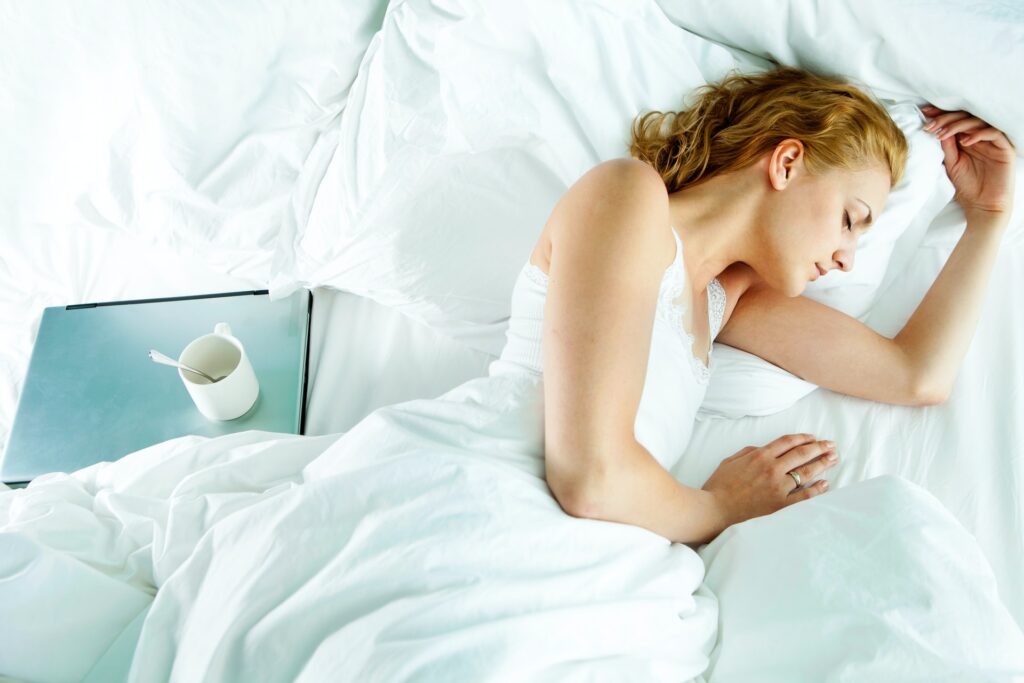Table of Contents
More active-duty military members are receiving a diagnosis of sleep apnea than ever before, but treatment with a CPAP machine can be challenging. The culture of the military as well as limited space and other considerations make it difficult to use a large CPAP device.
If you have sleep apnea, treatment is essential, however, because PTSD, pain, depression, and other medical conditions are intertwined with sleep disorders, according to a study published in the journal SLEEP. Despite obstacles, treatment for sleep apnea is available for you.

An Oral Appliance May Be the First Treatment
A small, easy-to-carry dental appliance can hold your tongue and jaw in their proper positions and keep your airway from collapsing, allowing for unimpeded breathing. These appliances, which are usually effective only for mild or moderate sleep apnea, can be fitted by a sleep technologist or dentist.
They are also a good choice for those who cannot tolerate a CPAP machine. These are a great option for those that need them, so be sure to talk to a professional about your options. There is always time to do this. Oral appliances are really helpful, they can eliminate the need of a CPAP entirely, so talk to a medical professional and see what options you have.
A CPAP Machine is the Gold Standard
In many cases, the best non-surgical treatment for sleep apnea is a CPAP device, but the machine can be bulky, difficult to carry, and makes a lot of noise. For active-duty military, a large CPAP machine may be impractical or impossible. Compact TravelPAP machines are now available, however, that weigh less than a pound and are designed to be carried and used discreetly.
These are much quitter than their older, bulkier counterparts. One of these devices will allow you the freedom to have a good night’s sleep again. It will also help you to feel more awake throughout the day. A CPAP machine is sometimes the best bet for those suffering from sleep apnea.
Surgery May Be the Only Choice
Sleep apnea surgery can be quick and effective, eliminating the need for any device. Most commonly, the surgery involves removing extra tissue in your mouth and throat. Tonsils and adenoids may be removed as well. An overnight hospital stay may be required, and some complex surgeries require restricted jaw usage and a limited diet for weeks.
Benefits may not be permanent. So be sure to weigh your options before you make a decision that you might possibly regret. Be sure to talk to a doctor you trust and that has your best interests in mind.
Sleep Habit Changes Could Work
On the other end of the spectrum, mild sleep apnea treatment may be as simple as wearing a pad on your back while in bed to prevent back sleeping, a trigger for sleep apnea in many sufferers. Losing weight can also help shrink throat and facial tissue, eliminating some cases of sleep apnea.
Quitting smoking and eliminating alcohol consumption may help as well. This might be especially hard for members of the military, but it is definitely possible to achieve. Changing your sleep habits are possible, so be sure to do whatever you can to make the necessary changes so you can start feeling better sooner.
Active military members like you may not seek treatment for sleep conditions because of fear, the stigma attached to treatment, or other concerns. But military leaders are more conscious of sleep issues than ever before. Plus, more treatment choices are available than in the past. A safe, sound night’s sleep is possible, and it begins with seeking treatment.















